If both players in a game of draughts stick to their optimal moves, the game will always end in a draw. You or I might have guessed that anecdotally. But being a mathematician, Marcus du Sautoy knows it for sure. The calculations that proved it took 200 desktop computers 18 years to perform.
When such a simple game produces such numerical complexity, imagine the fun a mathematician can have with something like Go, the Chinese institution whose number of possible games contains an estimated 300 digits. (The number of atoms in the observable universe only contains 80.) Du Sautoy does indeed fill his nerdy boots (the n-word is his, so I’m not being rude) as he takes us on a tour of the world’s games (boards, cards, the lot). But it isn’t just a number-fest. He is also excellent on the cultural histories of the various games, as well as the question of why we play them at all.
The ancient Egyptian game of Senet, for example, symbolised our route into the afterlife – the name means ‘passing through’, and some boards replaced numbers with birds that represented the soul on its final journey. Similarly, Tibetan temples used dice and a board to predict what you’d be reborn as after reincarnation. Laurence Waddell, a Victorian scholar of Buddhism, found that the dice were loaded to foretell an unfavourable outcome, which ‘thus necessitates the performance of many expensive rites to counteract so undesirable a fate’.
Chess is the daddy, of course, its name coming from shah, the Persian for king. The second book William Caxton ever printed in English was about chess, and Ferdinand and Miranda play the game in The Tempest (eight lines of eight words each, symbolising the board). The 1851 game between Adolf Anderssen and Lionel Kieseritzky is still talked about today. Anderssen sacrificed his bishop after only 11 moves, then both rooks and his queen within the next ten, but still won. Kieseritzky invented a three-dimensional version of chess, with eight boards stacked on top of each other. ‘It didn’t really catch on,’ writes du Sautoy, ‘though a modified version was once featured during several episodes of Star Trek.’
The book takes in some surprising names. You might expect the Earl of Sandwich (the card game he was playing when he invented his famous snack was whist), but Mozart? The composer’s Musikalisches Würfelspiel (‘Musical Dice Game’) comprises 176 bars, arranged in 16 groups of 11. For each group, you choose one of the 11 bars by rolling two dice, then subtracting one from your score. This gives you a 16-bar waltz. And with 46 million billion combinations, each time it’s performed the audience almost certainly gets a Mozart world première.
The Prussian High Command puts in an appearance as well. In the early 19th century it used a game called Kriegsspiel (‘War Game’) to test the abilities of aspiring officers. The army’s subsequent success against France inspired other countries to follow suit. A modern initiative aiming for the opposite effect is ‘Games for Peace’. Israeli and Palestinian children play games online, working in groups to solve challenges but using avatars to disguise their identity. They then meet in person, often discovering that their team mate comes from the other side of the political divide.
Why do we love to play games? Du Sautoy notes that ‘some cultures favour games of chance over contests of strategy, perhaps reflecting their preference for a fatalistic outlook on life over a belief in agency over one’s destiny’. The Dutch writer Johan Huizinga thought that ‘into an imperfect world and into the confusion of life [game-playing] brings a temporary, a limited perfection’.
Du Sautoy recognises that Huizinga’s theory ‘could just as easily describe my attraction to mathematics’. As you’d expect from his TV programmes, he’s great at explaining the maths into which the games lead him. Some of the explanations are aimed at serious number-geeks, but unless you struggle with two plus two there’ll be at least something you can take away from the book. I’m looking forward to using the Chocolate Chilli Roulette trick. There are 13 chocolates and one chilli. Two of you take it in turns to remove chocolates (you can pick up one, two or three), and whoever removes the last one consigns their opponent to eating the chilli. Du Sautoy shows you how to guarantee a win if you go first, and still have a pretty good chance if you don’t.
We should all embrace the power of games. Certainly Sotheby’s and Christie’s did when they found themselves in a dispute over who had the right to auction a particular collection of paintings: they settled it by playing Rock, Paper, Scissors. The British royal family, however, had to abandon their habit of playing Monopoly. Apparently it always led to arguments. How unlike them.
Got something to add? Join the discussion and comment below.
Get 10 issues for just $10
Subscribe to The Spectator Australia today for the next 10 magazine issues, plus full online access, for just $10.
You might disagree with half of it, but you’ll enjoy reading all of it. Try your first month for free, then just $2 a week for the remainder of your first year.

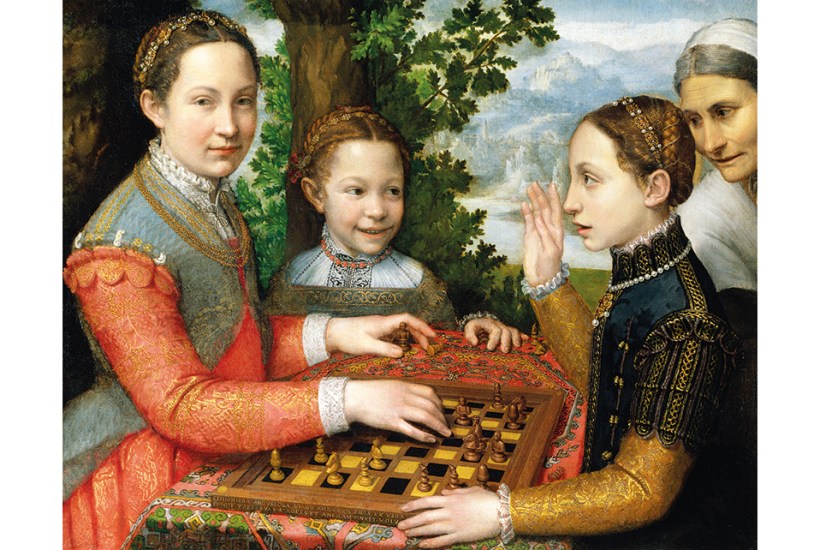
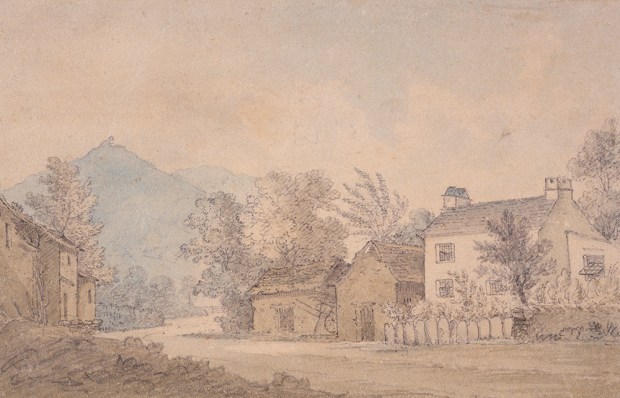

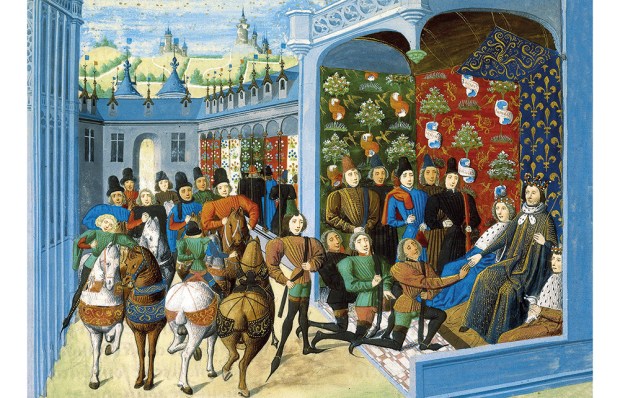
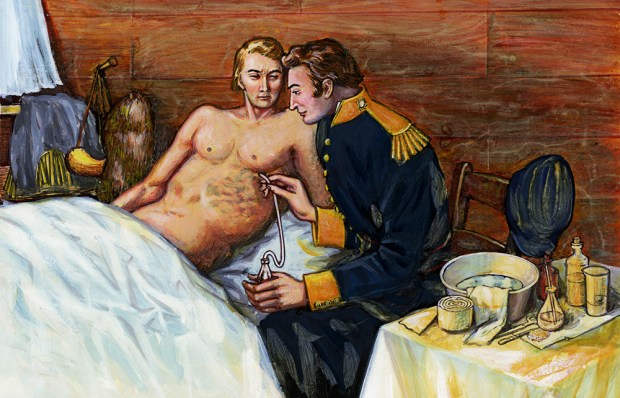
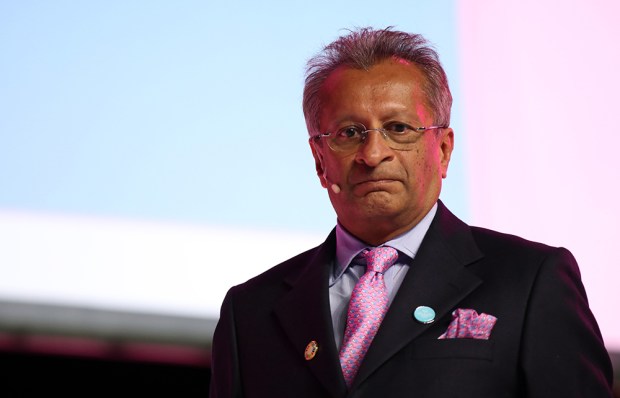
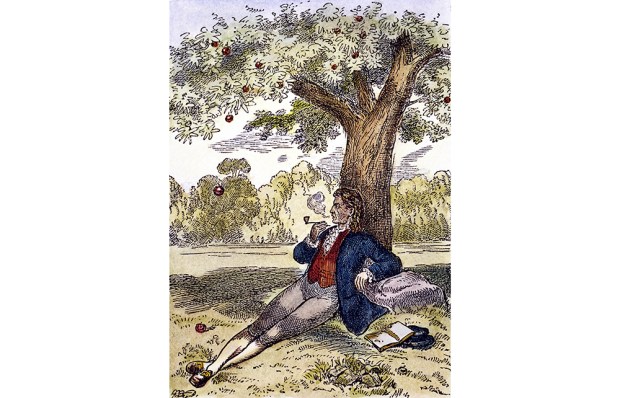






Comments
Don't miss out
Join the conversation with other Spectator Australia readers. Subscribe to leave a comment.
SUBSCRIBEAlready a subscriber? Log in